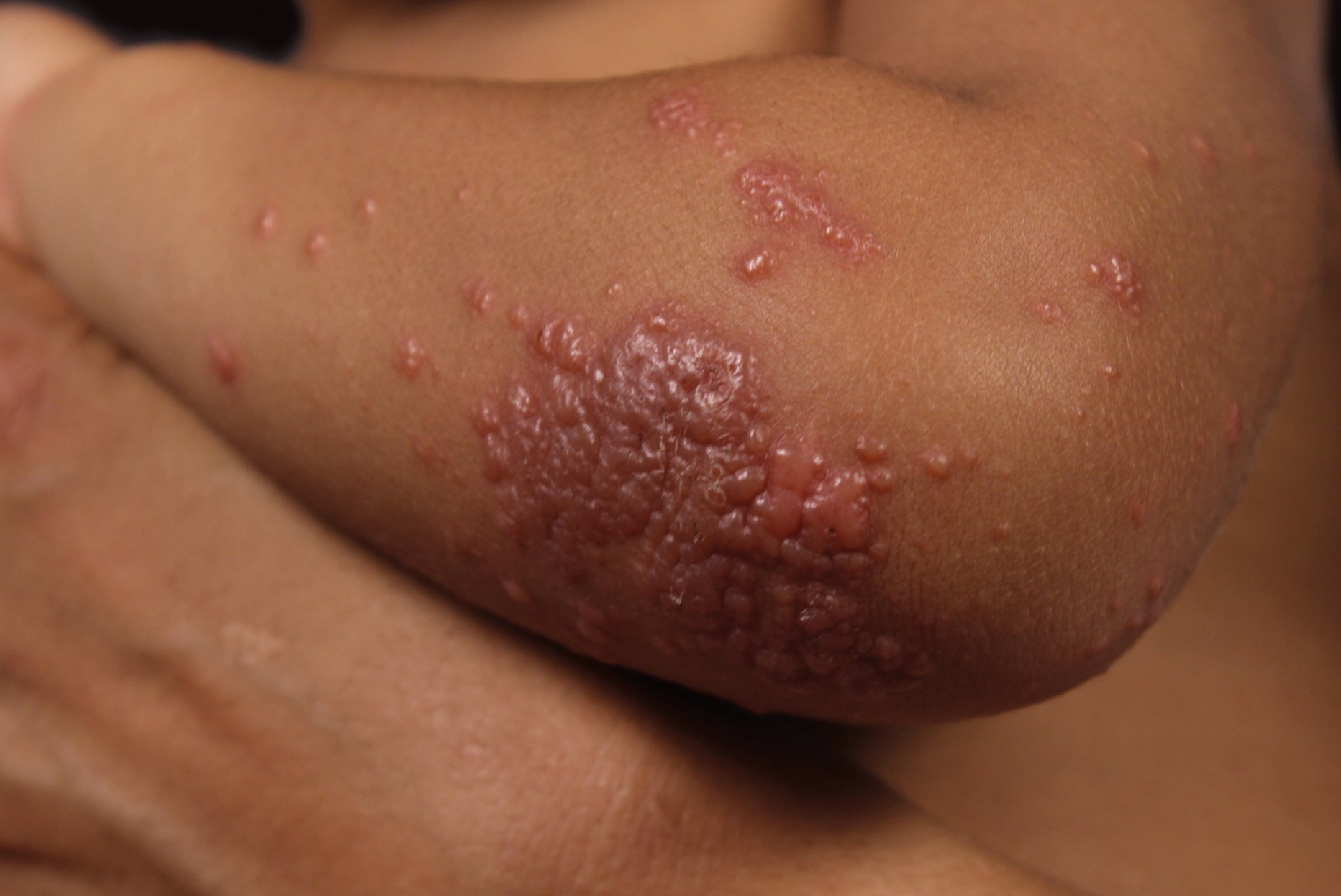
Fryns Syndrome is a rare genetic disorder that affects multiple parts of the body. Characterized by distinctive facial features, diaphragmatic hernia, and abnormalities in the fingers and toes, it can be challenging to diagnose. Caused by mutations in genes, this condition often presents at birth. Symptoms may include developmental delays, heart defects, and respiratory issues. Understanding Fryns Syndrome is crucial for early intervention and management. Families dealing with this condition face unique challenges, but knowledge and support can make a significant difference. Here are 20 essential facts to help you grasp the complexities of Fryns Syndrome.
What is Fryns Syndrome?
Fryns Syndrome is a rare genetic disorder that affects various parts of the body. It was first described in 1979 by Dr. Jean-Pierre Fryns. This condition is often identified at birth due to its distinct physical characteristics and health complications.
-
Fryns Syndrome is a genetic disorder caused by mutations in specific genes, although the exact genes involved are still being researched.
-
The syndrome is inherited in an autosomal recessive manner, meaning both parents must carry a copy of the mutated gene for their child to be affected.
-
It is extremely rare, with fewer than 100 cases reported worldwide.
Physical Characteristics of Fryns Syndrome
Individuals with Fryns Syndrome often exhibit unique physical traits. These characteristics can help in diagnosing the condition early.
-
Newborns with Fryns Syndrome typically have a distinctive facial appearance, including a broad, flat nasal bridge and a small jaw.
-
Many affected infants have diaphragmatic hernia, a condition where the diaphragm has an abnormal opening, allowing abdominal organs to move into the chest cavity.
-
Other common physical features include short fingers and toes, as well as underdeveloped nails.
Health Complications Associated with Fryns Syndrome
Fryns Syndrome can lead to various health issues that require medical attention. Understanding these complications is crucial for managing the condition.
-
Respiratory problems are common due to the diaphragmatic hernia, which can cause lung underdevelopment.
-
Many infants with Fryns Syndrome have congenital heart defects, which can range from mild to severe.
-
Kidney abnormalities are also frequent, potentially leading to issues with kidney function.
Developmental and Cognitive Impact
The syndrome not only affects physical health but also has implications for development and cognition.
-
Developmental delays are typical, with affected children often experiencing slower progress in reaching milestones like sitting, walking, and talking.
-
Intellectual disability is common, though the severity can vary widely among individuals.
-
Some children may also have behavioral challenges, including difficulties with social interactions and communication.
Diagnosis and Genetic Testing
Diagnosing Fryns Syndrome involves a combination of physical examination and genetic testing. Early diagnosis can help in managing the condition more effectively.
-
Prenatal ultrasound can sometimes detect physical abnormalities associated with Fryns Syndrome, such as diaphragmatic hernia.
-
Genetic testing can confirm the diagnosis by identifying mutations in the genes associated with the syndrome.
-
A detailed family history can provide clues, especially if there are known cases of Fryns Syndrome or similar genetic disorders in the family.
Treatment and Management
While there is no cure for Fryns Syndrome, various treatments can help manage the symptoms and improve quality of life.
-
Surgical intervention may be necessary to correct diaphragmatic hernia and other structural abnormalities.
-
Regular monitoring and treatment of respiratory and cardiac issues are essential for managing health complications.
-
Early intervention programs, including physical, occupational, and speech therapy, can support developmental progress.
Support and Resources
Families affected by Fryns Syndrome can benefit from various support systems and resources.
-
Genetic counseling can help families understand the risks and implications of the disorder, especially for future pregnancies.
-
Support groups and online communities provide a platform for families to share experiences, advice, and emotional support.
Final Thoughts on Fryns Syndrome
Fryns Syndrome, a rare genetic disorder, affects multiple body systems. It can lead to congenital diaphragmatic hernia, facial abnormalities, and developmental delays. Early diagnosis and intervention are crucial for managing symptoms and improving quality of life. Genetic counseling can help families understand the risks and implications. While there's no cure, supportive treatments and therapies can make a significant difference. Research continues to uncover more about this condition, offering hope for better management strategies in the future. Awareness and education about Fryns Syndrome are essential for early detection and support. If you suspect someone might have this condition, consult a healthcare professional for guidance. Understanding and compassion go a long way in helping those affected by Fryns Syndrome lead fulfilling lives. Stay informed, stay supportive, and remember that every bit of knowledge helps.
Was this page helpful?
Our commitment to delivering trustworthy and engaging content is at the heart of what we do. Each fact on our site is contributed by real users like you, bringing a wealth of diverse insights and information. To ensure the highest standards of accuracy and reliability, our dedicated editors meticulously review each submission. This process guarantees that the facts we share are not only fascinating but also credible. Trust in our commitment to quality and authenticity as you explore and learn with us.


